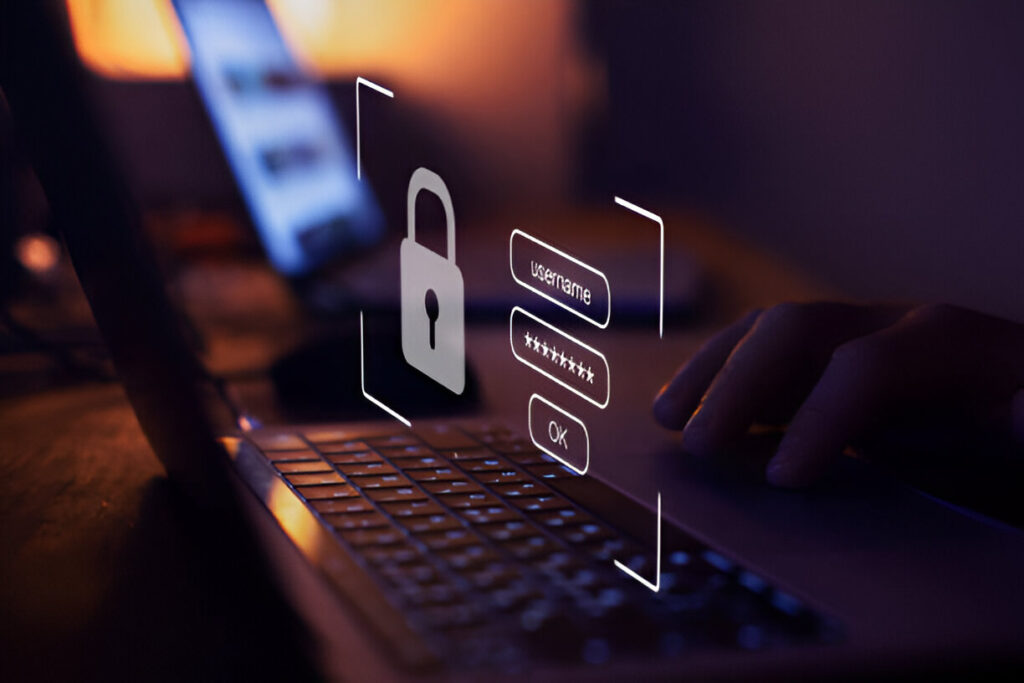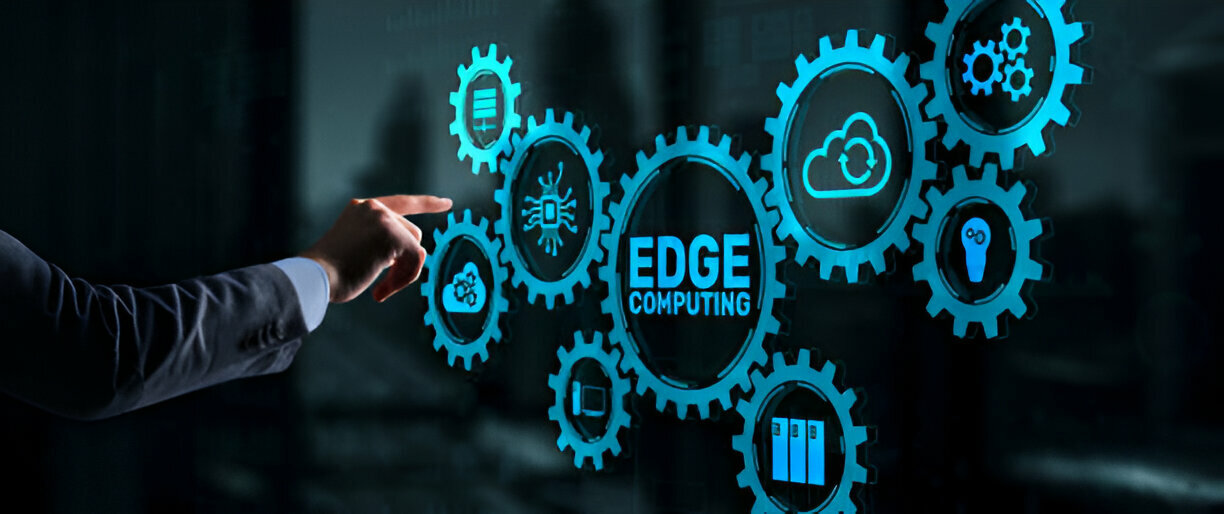Can your business afford to overlook cybersecurity? Having strong website security isn’t just important—it’s mandatory. Different industries face higher risks because they handle sensitive data. From banks protecting transactions to hospitals safeguarding patient records and online stores securing purchases, each sector needs solid digital protection.
This blog explores why these seven sectors—banking, healthcare, online shopping, law, technology, digital currency, and government—need to focus on website security. By understanding their unique challenges and taking proactive steps, businesses can protect sensitive information, keep customer trust, and reduce the risks from cyber threats.
Financial Institutions
Financial institutions, such as banks and credit unions, stand at the forefront of industries requiring stringent website security measures. These institutions manage vast amounts of sensitive financial data, including personal information, account details, and transaction histories of their customers.
Ensuring the security of this data is not only a matter of regulatory compliance but also critical to prevent unauthorized access and financial fraud. IT solutions in Beloit provide specialized IT services designed for financial institutions. Their job is to set up strong security measures that protect sensitive financial information. This helps banks and credit unions keep their customers’ trust and follow the rules.
Healthcare Organizations
Healthcare providers also face unique challenges in safeguarding patient confidentiality and protecting medical records. These organizations store highly sensitive information, such as patient medical histories, treatment plans, and insurance details. The protection of this data is not just a legal obligation under regulations like HIPAA (Health Insurance Portability and Accountability Act) in the United States but also essential for maintaining patient trust and ensuring the integrity of medical services.
E-Commerce Platforms
E-commerce platforms, which facilitate online transactions and store payment information, are another prime target for cyber attacks. These businesses must ensure secure online shopping experiences while protecting customer data from unauthorized access and breaches. Implementing secure sockets layer (SSL) certificates, encrypting data exchanged during transactions, and complying with the Payment Card Industry Data Security Standard (PCI DSS) are essential steps for e-commerce businesses to mitigate risks and maintain customer trust.
IT Solutions in Crystal Lake helps with this as they offer specialized IT services for e-commerce businesses, setting up strong security measures to protect payment information. This helps e-commerce sites lower risks and maintain trust with customers in a world where cyber-attacks are common.
Legal Firms
Legal firms also handle sensitive client information, including legal documents, case files, and confidential communications. Protecting client confidentiality and ensuring the integrity of legal proceedings are paramount for these organizations. Implementing robust access controls, encrypting sensitive documents, and conducting regular security assessments are crucial measures to prevent data breaches and unauthorized access to client information.
Technology Companies
Technology companies, known for their innovative products and services, face challenges in protecting intellectual property and user data. These firms are frequent targets for intellectual property theft and data breaches. Implementing stringent access controls, encrypting proprietary information and source code, and conducting regular security assessments are essential steps to safeguard their innovations and maintain customer trust.
Cryptocurrency Exchanges
Cryptocurrency exchanges, which facilitate the buying, selling, and trading of digital assets, present a unique set of cybersecurity challenges. These platforms must protect digital assets and ensure the security of transactions to maintain credibility and user confidence. Implementing multi-layered security measures, utilizing advanced encryption techniques, and adhering to strict KYC (Know Your Customer) and AML (Anti-Money Laundering) procedures are critical to prevent fraudulent activities and secure user wallets.
Government Agencies
Government agencies, responsible for collecting and storing sensitive information about citizens, businesses, and national security matters, must maintain the highest standards of website security. Ensuring data integrity and protecting against cyber threats is crucial for maintaining public trust and national security.
Adhering to regulatory requirements, implementing stringent access controls, and conducting regular security assessments are essential measures for government agencies to mitigate risks and also safeguard sensitive information. Network Solutions services in Crystal Lake help agencies follow the rules and maintain public trust in their ability to keep important information safe.
Conclusion
In conclusion, cybersecurity is a fundamental aspect of business operations in the digital era. Different types of businesses face unique cybersecurity challenges. It is based on the nature of the data they handle and their operational requirements. By implementing robust security measures tailored to their industry-specific needs. Businesses can mitigate risks, protect sensitive information, and build trust with their customers and stakeholders.
Investing in cybersecurity is not only a legal and regulatory requirement. It is also a crucial element of maintaining business continuity and reputation in today’s interconnected digital landscape. While prioritizing cybersecurity, businesses can safeguard their operations, and protect sensitive data. They can also demonstrate their commitment to maintaining the trust and confidence of their customers and stakeholders alike.







